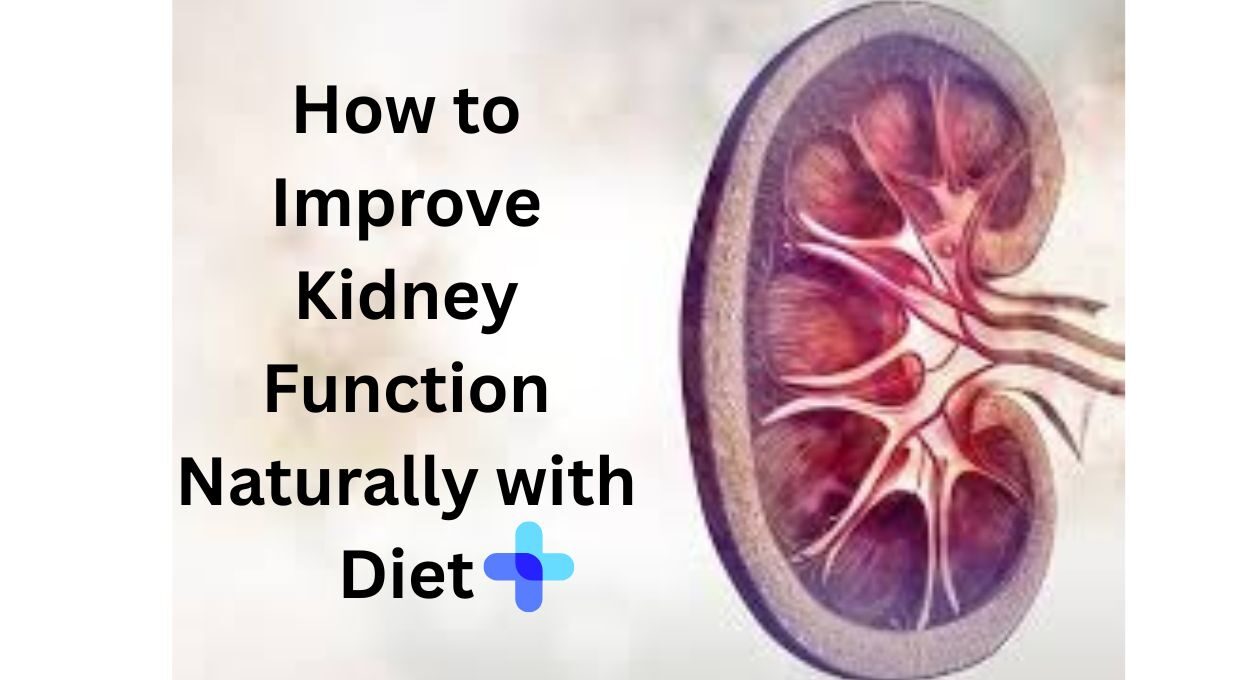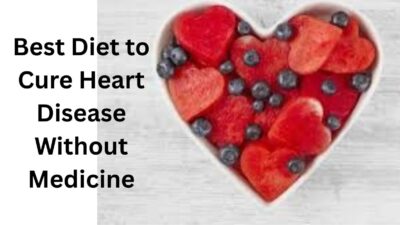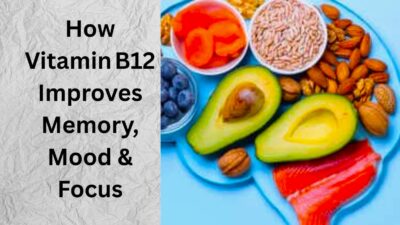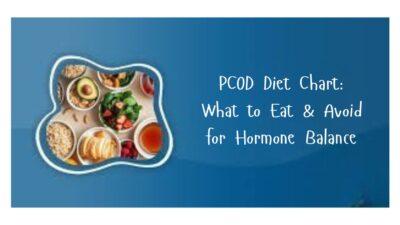Keeping your kidneys healthy is essential for flushing out toxins, balancing fluids, and maintaining overall health. Whether you’re managing kidney disease or just want to keep your kidneys in top shape, a kidney-friendly diet can make a big difference.
Table of Contents
Why Kidney Health Matters
Your kidneys are your body’s natural filtration system, removing toxins, balancing fluids, and regulating blood pressure. Poor diet, diabetes, and high blood pressure can damage them over time—leading to chronic kidney disease (CKD) or failure.
The good news? Research shows that certain foods can boost kidney function, lower creatinine, and even slow CKD progression. Here are the top 5 kidney-friendly superfoods backed by science.
5 Best Foods for Kidney Repair & Detox
1. Cauliflower (Low-Potassium Kidney Cleanse)
✔ Why it works: Low in potassium, high in fiber & antioxidants.
✔ Key benefits:
→ Reduces inflammation
→ Supports natural detox
→ Great substitute for high-potassium potatoes
✔ Best way to eat: Steamed, mashed, or roasted.
2. Blueberries (Antioxidant Powerhouse)
✔ Why it works: Packed with anthocyanins (kidney-protective antioxidants).
✔ Key benefits:
→ Fights oxidative stress
→ Lowers UTI risk
→ Safe for CKD patients (low potassium)
✔ Best way to eat: Fresh, frozen, or blended in smoothies.
3. Fatty Fish (Omega-3 for Kidney Inflammation)
✔ Why it works: Rich in omega-3s, which reduce kidney inflammation.
✔ Key benefits:
→ Lowers proteinuria (protein in urine)
→ Reduces blood pressure
→ Better than red meat for kidney patients
✔ Best choices: Salmon, mackerel, sardines (baked/grilled).
4. Red Grapes (Resveratrol for Kidney Blood Flow)
✔ Why it works: Contains resveratrol, which improves kidney circulation.
✔ Key benefits:
→ Protects against kidney damage
→ Lowers creatinine levels
→ Natural diuretic (reduces swelling)
✔ Best way to eat: Fresh or as 100% grape juice (no added sugar).
5. Garlic (Natural Detox & Blood Pressure Regulator)
✔ Why it works: Contains allicin, a potent anti-inflammatory.
✔ Key benefits:
→ Lowers cholesterol & blood pressure
→ Reduces kidney toxicity
→ Salt-free flavor booster
✔ Best way to eat: Raw, crushed, or cooked in meals.

Kidney Health Food Comparison Table
| Food | Key Nutrient | Kidney Benefit | Who Should Eat It? |
|---|---|---|---|
| Cauliflower | Fiber, Vitamin C | Low-potassium detox | CKD patients |
| Blueberries | Anthocyanins | Antioxidant protection | Everyone |
| Fatty Fish | Omega-3s | Reduces inflammation | High-protein diet needs |
| Red Grapes | Resveratrol | Improves blood flow | Early kidney disease |
| Garlic | Allicin | Lowers BP & cholesterol | Hypertension patients |
Foods to Avoid for Kidney Health
❌ High-sodium foods (processed snacks, canned soups)
❌ High-potassium foods (bananas, oranges, potatoes)
❌ High-phosphorus foods (dairy, soda, processed meats)
❌ Red meat (increases kidney workload)
❌ Alcohol (dehydrates & damages kidneys)
Bonus Kidney Health Tips
✔ Drink enough water (2-3L/day, unless on fluid restriction).
✔ Control blood sugar & blood pressure (key CKD risk factors).
✔ Exercise regularly (improves circulation & kidney function).
✔ Limit NSAIDs (ibuprofen can harm kidneys).
Kidney Health FAQs
Q1: What foods help repair kidneys?
A: Cauliflower, blueberries, fatty fish, red grapes, and garlic are top kidney-repairing foods due to their anti-inflammatory and detoxifying properties.
Q2: What foods should kidney patients avoid?
A: Avoid high-sodium, high-potassium, and high-phosphorus foods like processed meats, bananas, and soda.
Q3: Can diet reverse kidney damage?
A: Early-stage kidney damage can sometimes be slowed or improved with diet, but advanced CKD requires medical treatment.
Q4: Is coffee bad for kidneys?
A: In moderation (1-2 cups/day), coffee is safe for most, but excess caffeine can dehydrate.
Q5: What’s the best drink for kidneys?
A: Water is best! Herbal teas (dandelion, nettle) and unsweetened cranberry juice also help.
Final Thoughts
Your kidneys work hard—feed them right! Adding these 5 superfoods to your diet can boost function, lower inflammation, and prevent damage. For personalized advice, consult a nephrologist or renal dietitian.



